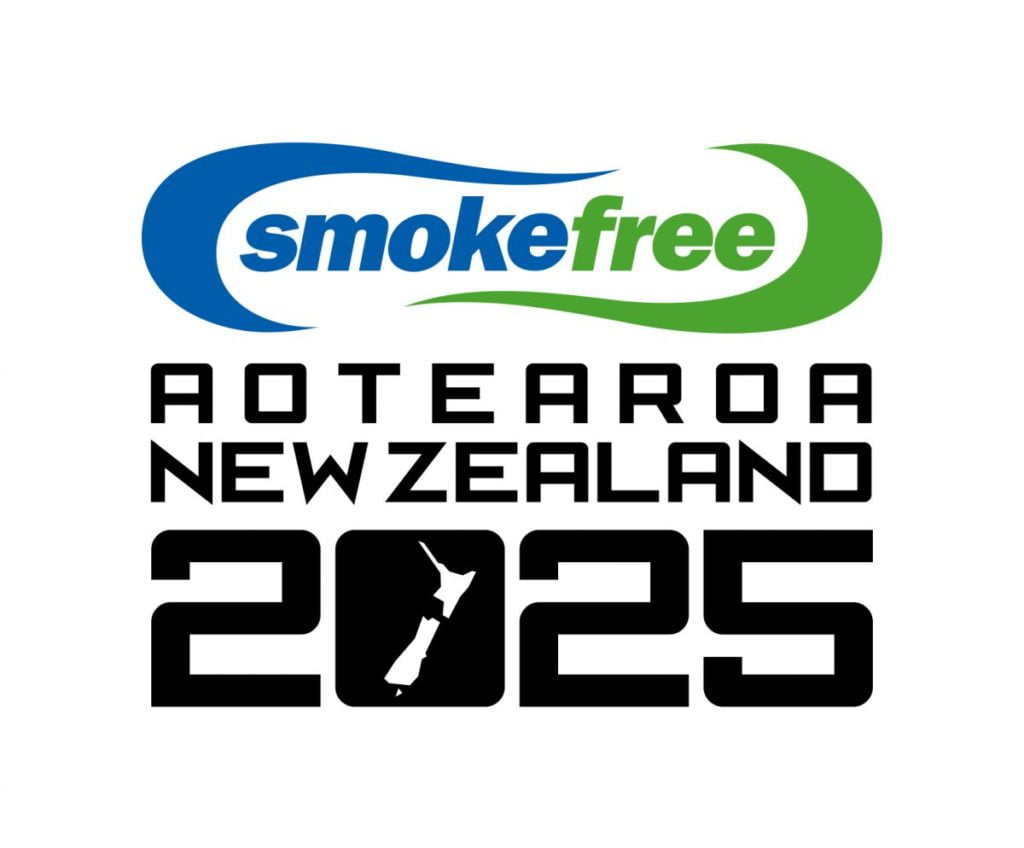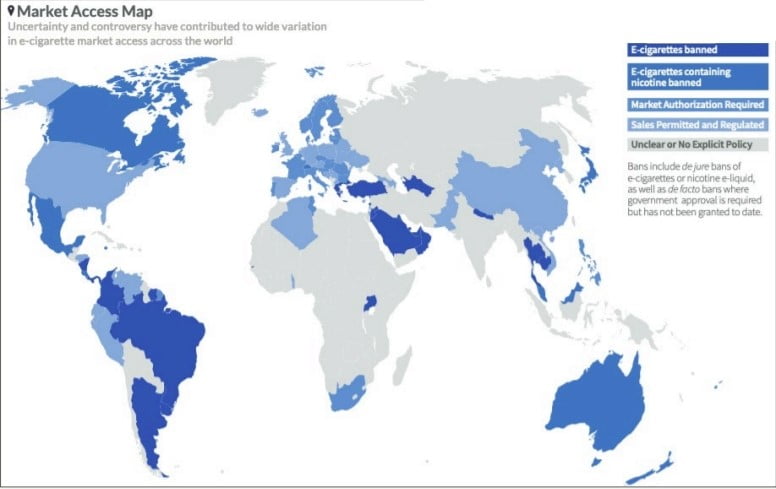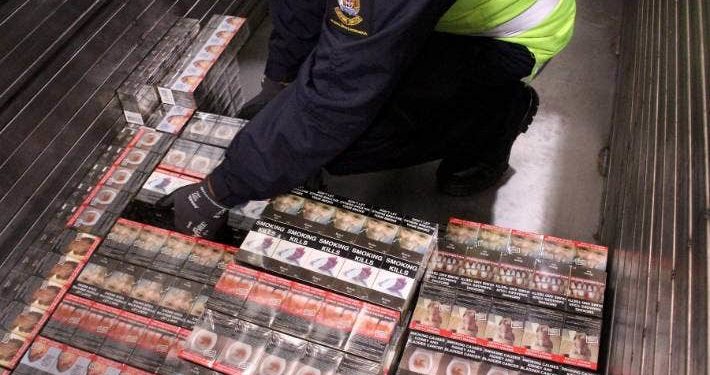The prohibitive costs of conventional cigarettes combined with the low prices of blondes in neighbouring countries make New Zealand a primary target for organized crime, which now considers the growing black market as a lucrative business.
For years, Tobacco Harm Reduction experts warned on the potential risks of adopting indiscriminate bans and high taxation without alternatives for smokers. The case of New Zealand, which has the highest tobacco taxation in the world, could finally be an example for all those governments that continue on this path.
New Zealand set a goal by 2025 to lower below 5% the incidence of smokers among the population through protecting children from exposure to tobacco marketing, reducing supply and demand for cigarettes, seeking the best possible alternatives to traditional smoking.
In October 2017, the Ministry of Health stated that vaping products could contribute to the Smoke-free 2025 intent and improve health inequalities in the country.

Thus, the New Zealand Ministry of Health conducted a six-week public consultation (terminated on May 31, 2021) to ask for proposals and feedback from citizens on the national anti-smoking program. Many people and organizations shared their thoughts on the next steps to better support the campaign goals; quit smoking conventional cigarettes or help them switch to less harmful alternatives.
The New Zealand government now faces a major dilemma. Wellington must immediately choose whether to offer safer alternatives to conventional cigarettes for national smokers or find the internal market flooded with smuggled cigarettes with little or no quality controls at the source. A situation, the latter, which would effectively eliminate any effort to eradicate smoking in the country and would offset the objectives of Smokefree 2025.
“With the government ready to tighten further on conventional cigarettes, there is a serious risk that smuggling will only increase. However, it may not happen if smokers are encouraged to switch to safer nicotine products” said Nancy Loucas, co-director of Aotearoa Vapers Community Advocacy (AVCA) cited by the Coalition of Asia Pacific Tobacco Harm Reduction Advocates (CAPHRA).

According to the internal customs office, an average of 125,000 smuggled blondes and 155 kilos of loose tobacco are seized every month in the country of the Kiwis. A profitable market that attracts many local and international organized crime groups.
Last July, a Malaysian citizen was arrested while trying to smuggle more than two million cigarettes- the largest tobacco seizure ever carried out in the country- with a value of at least 3 million dollars.
“We must push as many citizens as possible to quit conventional cigarettes and move to vape or many will continue to feed the black market. If we achieve this, we will save countless lives and inflict severe damage on organized crime,” added Loucas.






